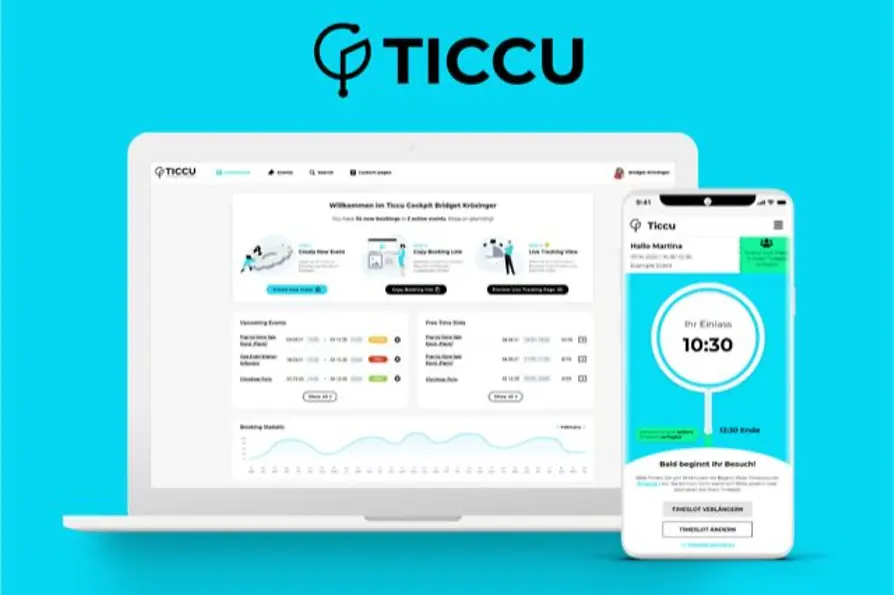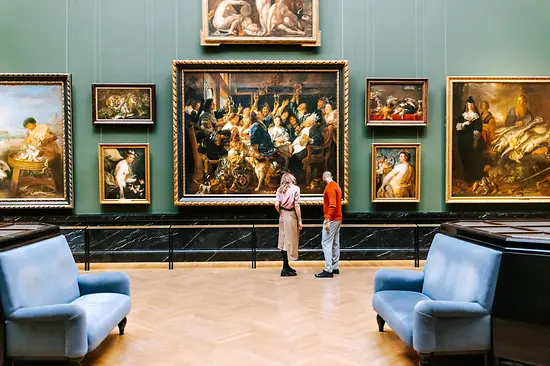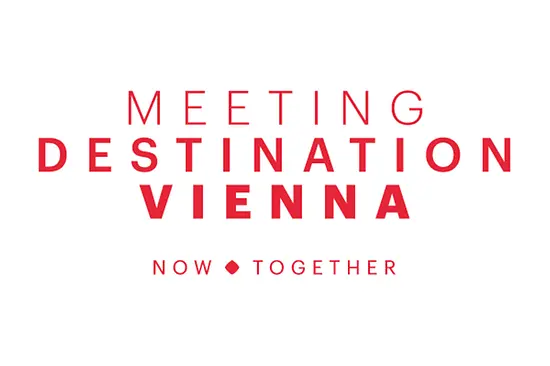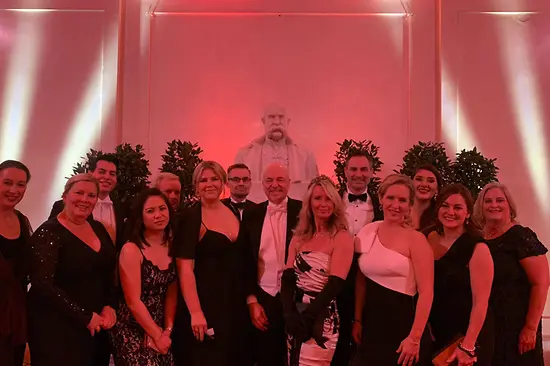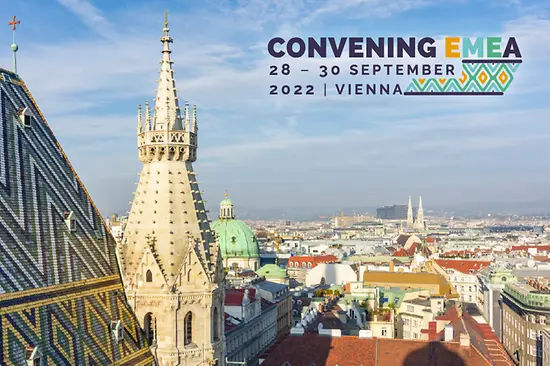Safely through the pandemic with Viennese technology
The Viennese company Moonshiner kills several birds with one stone with the development of the digital time slot management tool Ticcu in cooperation with AIT (Austrian Institute of Technology). Ticcu enables the simple booking and management of time slots for companies and events in order to enable them to adhere to safety regulations like the recommended number of visitors. But Ticcu can do so much more. The "COVID Search Function" lets you determine in an instant which people were present in a specific time slot at the same time. Ticcu can also be used as a simple communication tool for sending important event-related information to participants. And Ticcu is extremely flexible. Visitor flows in museums can also be recorded in the same way that Ticcu is suitable for use in spa and wellness areas in hotels, as well as in restaurants. The pleasant side effect of digital visitor management: Ticcu not only provides a sense of safety but also promises shorter waiting times.
Save money with Artificial Intelligence
Qmetrix operates in a similar vein to Ticcu. The Viennese company has for many years specialized in passenger management at airports including areas like airline lounges and terminals. For these applications, Qmetrix uses an expensive 3D laser scanning method that determines exactly how many people there are and where. But as a consequence of the pandemic, Qmetrix has developed an alternative method that functions in combination with a much less costly sensor with the aid of Artificial Intelligence. Thanks to this technical trick, system costs are massively reduced. That also makes the occupancy measurement function of Qmetrix attractive for use in stores, restaurants, and in the medical sector, such as in outpatient clinics.
A simulator that keeps you healthy
Coronavirus safety on a slightly different level is offered by the consultancy firm PwC. The Infectious Disease Spreading Simulator, a digital simulation tool aimed at fighting the pandemic, was created in cooperation with the Samaritans and AIT. The simulator aims at providing support in the search for the right mix of measures for preventing the transmission of COVID-19 in indoor spaces. Work areas with a higher risk of infection can be identified in this way in order to be able to react to local circumstances. The simulator not only takes the spatial situation in consideration. Human behavior also flows into the calculations.
Infectious Disease Spreading Simulator
Display alternative text
Infectious Desease Spreading Simulator
Defying the pandemic in a playful way
Enjoying a visit to a museum and learning a whole bunch despite the pandemic? The software company Fluxguide has developed a learning app called MuseumStars, which aims to convey culture in a contemporary way. Based on the exhibition contents of 50 museums in the German-speaking countries, including, for example, Vienna's Cathedral Museum, "MuseumStars" deals with the subject in a very playful way. It focuses on questions from the areas of culture, art, history, nature, and technology. Those who know the correct answer receive stars and move up to the next level. The app (iOS and Android) is already available in the stores free of charge.
Conferencing despite COVID
The software Social Distancing VR Conferencing of the marketing and communication company Dr. Christian Thomas Jirik is aimed at organizers of conferences and events of every kind. At the heart of the project is the combination of a moderated, cross-platform livestream with the possibility for the participants to talk with each other and with the presenters. What is special about it is that all of these functions are integrated into a virtual world of experience based on a 3D scan of the respective location. This visually very appealing form of presentation means not only the greatest possible overview, but above all an ideal presentation option for partners and sponsors of events and happenings. It's the ideal solution for hybrid events of every kind.
Social Distancing VR Conferencing (Prototype)

